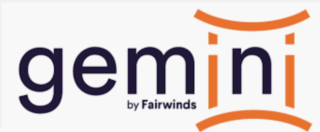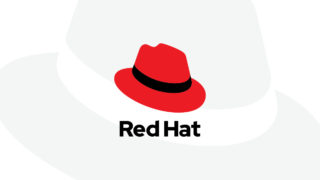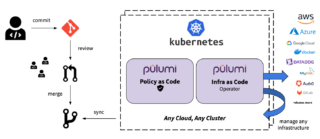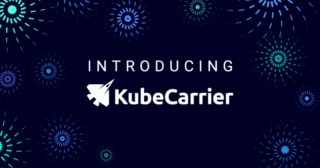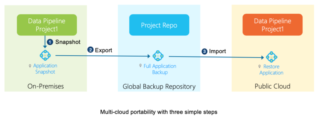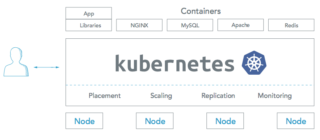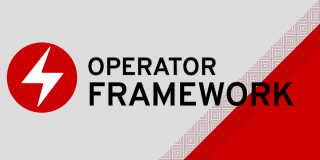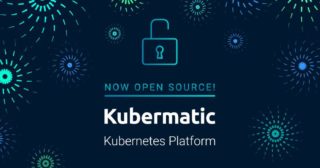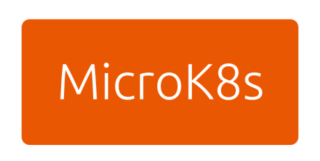Topic: kubernetes
ITOps Open Source Project of the Week: Gemini
The open source project Gemini aims to solve a problem that has frustrated developers since Kubernetes was introduced: the inability to run databases or persistent storage in Kubernetes. To fix this, Kubernetes enablement company Fairwinds built Gemini on the VolumeSnapshot API. The new solution creaties a more robust and user-friendly interface that allows for automated … continue reading
What’s coming in Kubernetes 1.19
The latest release of the open-source container-orchestration system Kubernetes is expected next month. Kubernetes 1.19 is expected to have 34 new enhancements with 10 brand new features, eight newly stable features, two management changes and 14 improvements to existing features. “Kubernetes as a project is maturing, support has been increased from nine to 12 months, … continue reading
KubeCon + CloudNativeCon Europe: Red Hat announces Advanced Cluster Management for Kubernetes, OpenShift 4.5, and a partnership with Intuit on Argo CD
Red Hat made a number of announcements in the cluster management and Kubernetes space at the KubeCon + CloudNativeCon in Europe today. Top announcements included: Red Hat Advanced Cluster Management for Kubernetes released Red Hat Advanced Cluster Management for Kubernetes is designed to help organizations scale Red Hat OpenShift with enterprise-grade management capabilities across hybrid … continue reading
Pulumi adds new Kubernetes capabilities
Infrastructure as Code platform Pulumi has announced new Kubernetes capabilities. The new features include an in-cluster Kubernetes Operator, support for authoring Open Policy Agent (OPA)-based policies, a crd2pulumi tool for creating strongly-typed APIs for Kubernetes CRDs, and a tool for converting YAML manifests to Pulumi Python, TypeScript, Go, or .NET. The new Kubernetes Operator provides … continue reading
premium The automation imperative
Cloud-native and Kubernetes are dominant topics in technology circles these days. But why? What makes such previously obscure concepts and tools suddenly so relevant? Standard practices for software operations until now have been imperative, meaning that instructions are explicit, requiring manual steps and active intervention. Kubernetes and a new generation of cloud-native software have changed … continue reading
ITOps Times Open-Source Project of the Week: KubeCarrier
Kubernatic has announced the open source release of KubeCarrier. KubeCarrier was designed to automate the provisioning and entire lifecycle management of services, applications, and API-accessible hardware devices by leveraging Kubernetes Operators. As cloud adoption accelerates, the company explained that operation teams are confronted with the complexities of service management across multiple clusters, clouds, and regions. … continue reading
Robin.io updates platform to support movement across clouds
Robin.io wants to make it easier for users to adopt hybrid and multi-cloud strategies. The 5G and enterprise app automation platform provider announced the Robin Cloud-Native platform now allows users to move complex stateful apps across clouds. According to the company, hybrid or multi-cloud strategies help support growing infrastructure needs, but with each cloud having … continue reading
ITOps Times Open-Source Project of the Week: KUDO
The Cloud Native Computing Foundation announced it has officially accepted KUDO into the organization as a sandbox project. KUDO, which stands for Kubernetes Universal Declarative Operator, is an open-source project developed by cloud native platform and app management company D2iQ. According to the company, it has been used across the world to simplify the development … continue reading
Platform9 announces new Kubernetes capabilities
Platform9 announced new capabilities for enterprise-managed Kubernetes solutions to accelerate deployment and ease-of-use. The new capabilities include managed Calico networking with API support, application wizard for rapid bare-metal deployments, and multi-cluster observability and alerting for more accurate troubleshooting. These features are now available, including support for Kubernetes release 1.17, for all Platform9 customers of the … continue reading
Operator Framework joins CNCF as incubation-level project
The CNCF has announced that it will be bringing on the Operator Framework as an incubation-level project. The Operator Framework is a toolkit for managing Kubernetes Operators, which are extensions of Kubernetes that make it easier to package, deploy, and manage Kubernetes applications. The Operator Framework, first developed in 2016 by CoreOS which is now … continue reading
ITOps Times Open-Source Project of the Week: Kubermatic
Kubermatic, previously known as Loodse, is a newly open source Kubernetes automation tool. Loodse had been releasing Kubermatic Kubernetes Platform as their own software, but with its recent 2.14 release earlier this month, the company decided to open source the solution. “Kubermatic Kubernetes Platform automates deployment and Day2 operations of countless Kubernetes clusters across any … continue reading
MicroK8s now natively available for Windows and macOS developers
Windows and macOS developers can now use MicroK8s natively. The Ubuntu team announced developers can interact with kubectl and MicroK8s through the Windows or Mac command line locally, similarly to how they would with Linux. This new capability is meant to provide better development, build, and test workflows on the desktop. MicroK8s is a lightweight … continue reading

